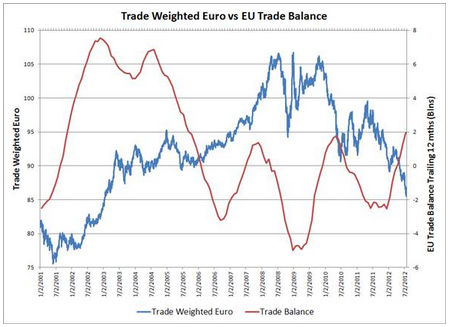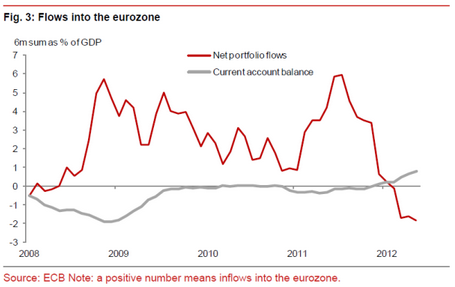Sorry about the title
Couldn’t help myself…
;)
No further austerity for Spain, says Rehn
November 15 (FT) — Spain will need no further austerity measures until the end of next year even though it will easily miss its deficit targets, EU economic commissioner Olli Rehn, said. We are not so much focused on the nominal targets, even though they often make easier headlines because they are exact percentages, Mr Rehn said. To my mind, [it is] both the right way of doing it from an economic point of view but also the correct way of applying [EU rules]. He added that Spain must still do more in 2014, when Madrid is required to get its budget deficit, which was 11 per cent of gross domestic product at the end of last year, down below the EU threshold of 3 per cent. Spain was supposed to reduce its deficit to 6.3 per cent of GDP this year and 4.5 per cent next year.




